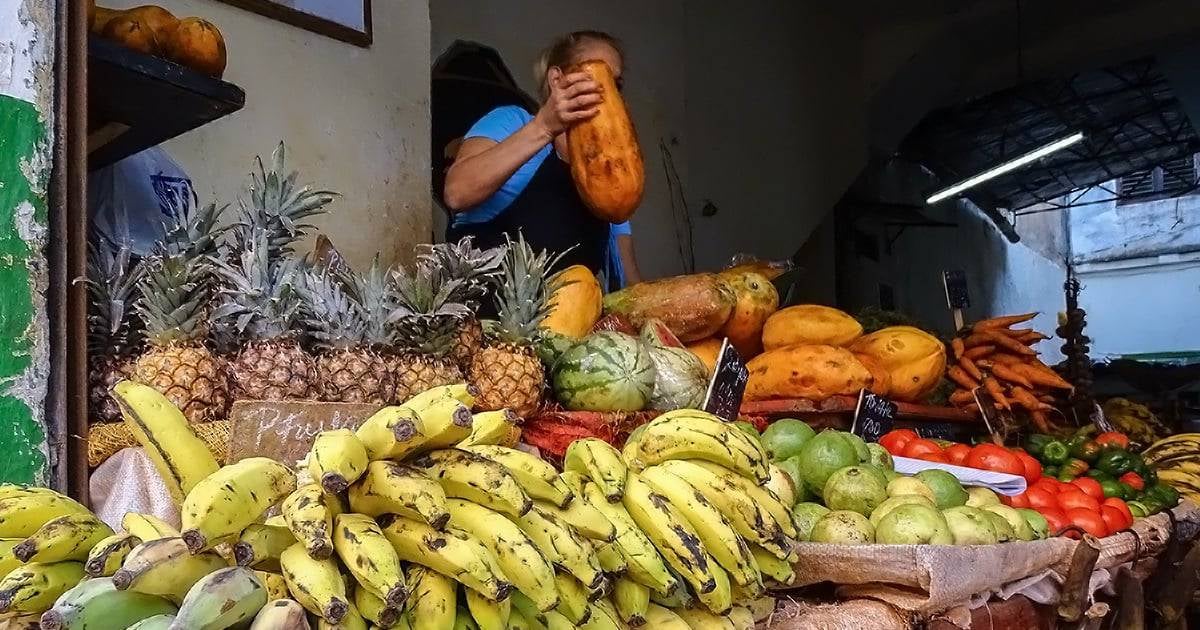Inflation remains a critical economic issue affecting everyday life for Cubans, amidst a structural crisis marked by persistent price increases, declining purchasing power, and stagnant production activity. Economist Pedro Monreal recently reported on social media platform X that inflation rose by 1.22% in March 2025. This marked the first month in half a year where the monthly increase did not surpass that of the previous month. However, Monreal cautions that this still translates to an annualized rate of 16%, a "very high level indicating a state of macroeconomic imbalance."
Yearly Inflation Rates Show Slight Decline
Monreal also pointed out that the year-over-year inflation index continues to moderate, with a 20.62% rate in March compared to 24.02% in February 2025. This gradual decline has been ongoing over the past 12 months, yet the overall rate remains elevated, far exceeding levels manageable for a healthy economy.
Alcohol and Tobacco Prices Surge
Contrary to usual trends, the most significant inflationary impact did not come from food—typically a primary concern in the country—but from the "alcoholic beverages and tobacco" sector, which saw a monthly increase of 7.05%, considerably higher than the overall average. This unusual effect is largely attributed to the rising costs of tobacco products, which, while widely consumed, are not essential goods.
Food Prices: Fluctuations and Stagnation Signals
Although food remains a critical category, price indices have shown a declining trend since January 2024, particularly in their year-over-year component. March 2025 saw mixed increases and decreases in both imported and domestic goods. The moderation in prices seems not to stem from supply factors—due to insufficient data—but from a demand drop resulting from widespread poverty and real wage compression, a phenomenon the economist describes as a "forced moderating effect."
Economic Stagnation and Inflation: A Dual Challenge
According to Diario de Cuba, several experts agree that since 2024, the country has been experiencing stagflation, characterized by high inflation combined with prolonged economic stagnation. This is further compounded by a cash scarcity in circulation, a government measure aimed at containing consumption and reducing price pressure, albeit with severe side effects on public welfare.
Wage Increases Fail to Keep Up with Cost of Living
The National Office of Statistics and Information (ONEI) recently reported that the average monthly wage in Cuba reached 5,839 pesos in 2024, a 25.6% increase from 4,654 pesos in 2023. However, this nominal rise has not translated into real improvement, given that year-over-year inflation in the formal market ended 2024 at 24.88%. In practice, wage increases have been offset by rising prices, deepening the widespread sense of economic hardship, particularly among state workers.
In conclusion, although there are slight signs of deceleration in some indicators, inflation remains high, consumption is depressed, and economic recovery shows no clear path forward. Many economists argue that the root of the problem is structural, and any temporary relief will be fragile without deep reforms to restore confidence, investment, and productive capacity in the country.
Understanding Cuba's Inflation and Economic Challenges
What is causing the high inflation rate in Cuba?
The high inflation rate in Cuba is primarily due to persistent price increases, declining purchasing power, and stagnant production activity, compounded by government measures like cash scarcity to control consumption.
How is inflation affecting the Cuban population?
Inflation is affecting the Cuban population by eroding purchasing power, leading to economic hardship and reducing access to essential goods. Wage increases have not kept pace with the rising cost of living, worsening the situation for many, especially state workers.
What sectors are most affected by inflation in Cuba?
While food prices are critical, the "alcoholic beverages and tobacco" sector has seen significant inflationary impact recently, with prices rising substantially more than the general average.
What measures has the Cuban government taken to address inflation?
The Cuban government has implemented measures like restricting cash circulation to curb consumption and pressure on prices, although these have had adverse effects on public welfare.
